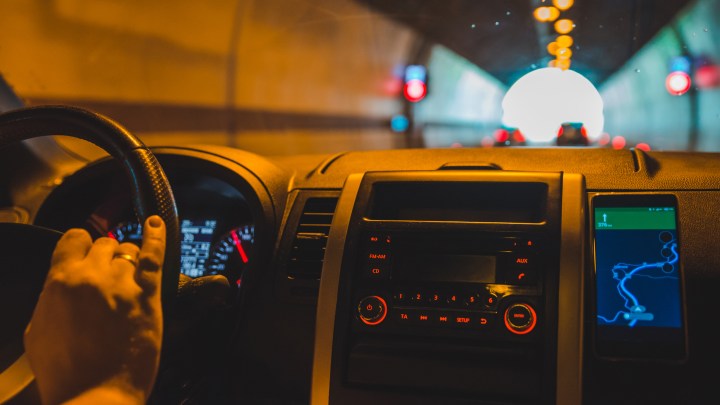
New report shines a light on the deaths of rideshare drivers in the gig economy
New report shines a light on the deaths of rideshare drivers in the gig economy

One night last August, a DoorDash driver in San Diego picked up an order from Jack in the Box and was getting ready to deliver it when he was shot in the face and crashed into a traffic signal pole. The driver, Keshon, who asked not to use his last name for safety reasons, survived the attack and no longer drives for the company.
His aunt, Jassy StokesOliver, said she wasn’t sure if he would live. “This is gnarly,” StokesOliver said. “This is not something that should be happening to someone that’s just working.”
Rideshare companies like Lyft and Uber say working for them is easy, convenient and safe. But if a driver gets injured on the road, or worse — killed — the companies may only cover so much, if anything at all.
A new report released by the advocacy group Gig Workers Rising found that more than 50 drivers have been killed in violent incidents over the past five years while on the job in the United States. The report does not include drivers who were killed in fatal car accidents or from injuries sustained while on the road.
“The killings are the tip of the iceberg,” said Cherri Murphy, an organizer with the group and a former Lyft driver. “They’re being sexually assaulted, physically assaulted, emotionally accosted.”
Gig companies have responded to the report with written statements, pointing out the safety features the apps do provide drivers. Lyft, Uber and DoorDash have an in-app emergency button drivers can press if they feel unsafe during a ride. But if something bad does happen, many state laws only provide drivers with a certain amount of coverage.
“These workers aren’t afforded the important legal protections that they deserve,” Murphy said.
In California, gig companies spent millions to pass Proposition 22. It classifies gig workers as “independent contractors,” and therefore eligible for a slimmer benefits package than what employees would get.
In Keshon’s case, DoorDash was legally obligated to cover his medical bills and give him $300 a week in disability payments for two months, about half of what he would make if he wasn’t bed-ridden. Prop 22 only requires companies to give disability payments for up to two years in the case of a permanent on-the-job injury that prevents gig workers from working.
In California, non-gig workers who are full-time employees could get lifetime benefits.
Jassy StokesOliver said Keshon’s injuries could have long-term effects.
“There are still fragments of bullets still in my nephew’s head,” said StokesOliver. “I don’t know if those things are going to affect him later.”
The San Diego Police Department said Keshon’s case is still an active investigation and they haven’t made any arrests yet. The constitutionality of Prop 22 is currently being debated in courts. Meanwhile, gig companies are lobbying to push similar measures in other states.
There’s a lot happening in the world. Through it all, Marketplace is here for you.
You rely on Marketplace to break down the world’s events and tell you how it affects you in a fact-based, approachable way. We rely on your financial support to keep making that possible.
Your donation today powers the independent journalism that you rely on. For just $5/month, you can help sustain Marketplace so we can keep reporting on the things that matter to you.

















